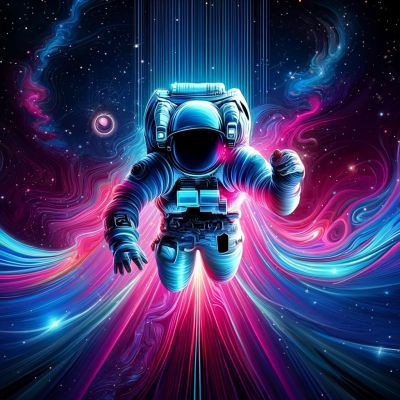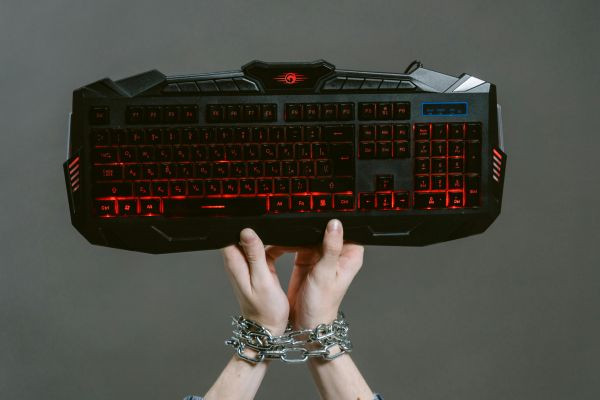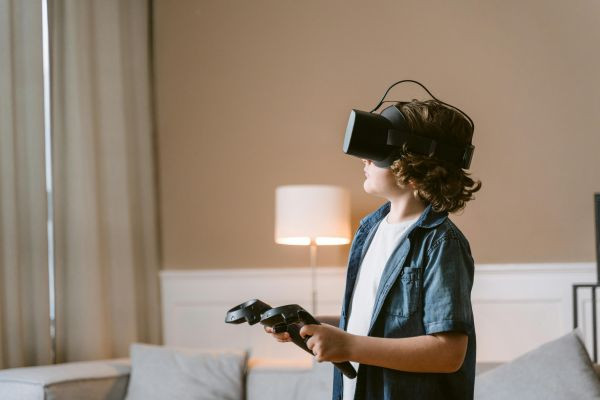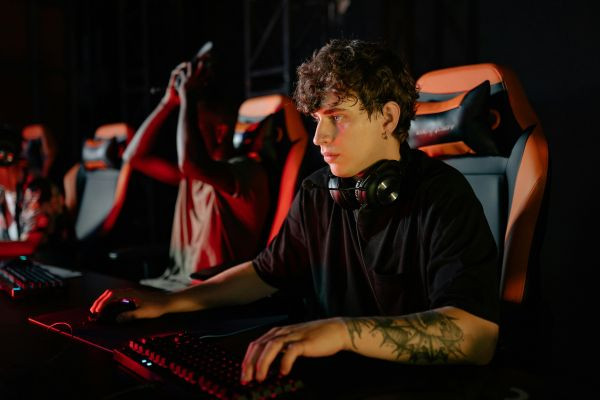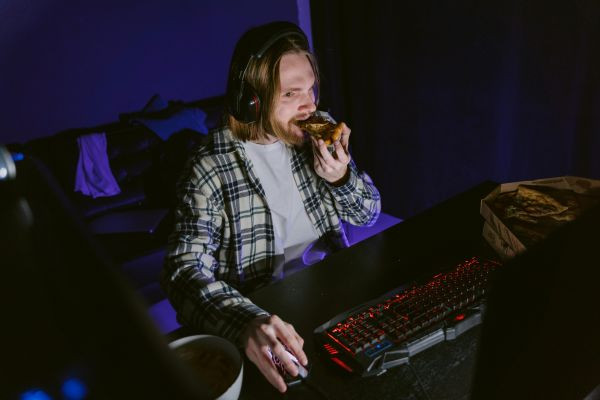The gaming sector is one of those fast-changing industries with rapid technological development; it is about to be transformed with blockchain technology and Non-Fungible Tokens.
01/03/25 • 193 Views
The gaming sector is one of those fast-changing industries with rapid technological development; it is about to be transformed with blockchain technology and Non-Fungible Tokens. These technologies radically redefine the concepts of owning, gameplay mechanics, and economies in virtual settings and bring forth a new norm for developers and gamers.
Blockchain: The New Leveon
This revolution is centered around blockchain technology, which is decentralized and transparent. In the old days, assets in games like characters, weapons, and skins were owned and controlled by game developers and limited to individual games. Blockchain has changed this scenario and brought in true ownership of in-game assets. Players can now buy, sell, and trade their digital items across platforms, creating a player-driven economy.
Some of the most known foundation blockchain games are Ethereum and Binance Smart Chain. Using smart contracts in these games secures and cements the nature of the transaction. Axie Infinity and The Sandbox are the first few from this category of games where users can gain their cryptocurrency through game play, something called "play-to-earn" or P2E. This model makes the gamers feel empowered because the time and the skills used there are turned into sound monetary rewards.
NFTs: Digital Ownership
The NFT takes the concept of digital ownership beyond by offering unique, verifiable assets. One of the main differences that separate them from cryptocurrencies, which are intrinsically substitutable, is that NFTs act as proof of one-off items. It can be virtual land, character, weapons, or collectibles in games that have unique values and characteristics.
With NFTs, users can entirely own their assets. A unique sword in an RPG or the original piece of virtual land in a metaverse game will become an NFT stored on the blockchain. Ownership is not contained within the sphere of a game, and users may sell these NFTs on OpenSea, Rarible, among other marketplaces. This freedom develops a very healthy secondary market with increasing value of items depending on demand.
The New Gaming Economy, Play-to-Earn
Perhaps the most significant impacts of blockchain and NFTs have been that they have catalyzed the development of play-to-earn games. The success of these games shows how, at least to some extent, people are ready to earn real income in exchange for the time spent playing-a notion proven through games like Axie Infinity. Here is why: in return for breeding, battling, and trading Axies-those NFT-based creatures-one gets Smooth Love Potion (SLP) in exchange, redeemable into fiat currency.
It is used in developing countries, where a sizeable number of players earn a significant portion of their income from this activity. In the process, this model aligns the interests of developers and players alike, and an ecosystem succeeds if it is a win-win.
Despite the promise, blockchain gaming still suffers from several significant challenges. It includes massive transaction fees, energy-heavy blockchains, and a steep learning curve for new players. Nonetheless, technology is advancing quickly towards Layer 2 solutions in scaling and eco-friendly blockchains.
Especially for developers, the possibilities to monetize the possibilities via blockchain and NFTs. More so, "in a manner allowing the player, at their fullest capacity, utmost flexibility and proprietorship in respect to their play, free of restraints. Finally, such that interoperability - movement of assets-is in fact generating novel forms as new games get made but which brings forward their very development together with how such is played.
Beyond a trend, the blockchain and NFTs represent a deep change in the nature of gaming itself. Therefore, the evolving technology is expected to blur the line between virtual economies and real ones, bringing decentralized and player-centric ecosystems into existence. The large gaming companies and indie developers are now trying to innovate within this space and promise gaming experiences that will be more immersive, rewarding, and inclusive than ever.

